Alagi Yorro Jallow
Nine U.S. presidents without college degrees:
Captain Thomas Sankara & President Paul Kagame without College Degree:
Education is essential: Leaders make people to be believe. It is down to biology. We do not identify with the frontal cortex of our brain, we identify with the limbic part of the brain, where “gut” decisions come from. You will often hear people say that they can feel a person. Not necessarily from the logical force of their argument but from a deeper instinctive place that just resonates with them. (Excerpts from Simon Sinek on inspiration and leadership).
Nine American presidents and State governors who didn’t go to college are: George Washington, Andrew Jackson, Martin Van Buren, Zachary Taylor, Millard Fillmore, Abraham Lincoln, Andrew Johnson, Grover Cleveland, and Harry Truman. I tried to reason the constitutional provision on the qualification for president of the Republic of the Gambia in the new constitution. I would propose that no person may be elected President unless he is a natural-born citizen of the Gambia, a registered voter, able to read and write, at least forty years of age on the day of the election, and a resident of the Gambia for at least ten years immediately preceding such election.
I noticed that the qualification for President is not the same as the qualification for Supreme Court Judge or President of a University. For example, a Supreme Court Judge or a University President must be a person of proven competence, integrity, probity, and independence. It seems that anybody can be President, but not anybody can be a Supreme Court Judge or President of a University. A senior secondary school graduate can be President, but to be or Supreme Court Judge, a person or President of a University, one must have high moral and academic qualifications.
I realize that we do not need a highly educated person to provide us with roads, bridges, school buildings, health care, affordable rice and nice resorts, but we need a person with a high level of education, with cognitive skills, moral standards to decide who goes to jail or not. Indeed, different jobs need different kinds of qualifications, but to sit beside the Kings of kings and the Lord of lords in his glory requires faith not work
Two of Africa’s two great statemen did not have college degree only secondary school certificate and military trainings. Captain Thomas Sankara and President Paul Kagame have showed the world that leadership is a choice. It is independent of position; it is an inside job. It is earned by action. It is transferable, it is scalable. As Amilcar Cabral said – to put the interests of the masses first.
I discovered there have been nine United States presidents without college degrees, who never attended college or completed a degree. So how did they make it to the White House? Two things—literacy and a healthy dose of curiosity.
Each one of these presidents knew their education had been limited—some of them with as little of one year of formal schooling! Each of them made the decision to own their education and take it beyond the classroom. They filled their libraries with great books. When they wanted to know something, they would go to an expert source. They knew an education could be gained without years in school. They studied law without going to law school. They had tutors and mentors—men that they trusted for information. In time, they became the experts.
Our modern, information-saturated society unfortunately believes education must take place in the traditional classroom setting. Having a college degree makes presidential candidates attractive. It makes anyone attractive. It’s essential.
But here’s the rub. You don’t ever have to step inside a lecture hall to be educated, no matter what the college admissions officer tells you. It isn’t daily attendance to lectures that make someone great. It’s the desire to learn. The curiosity that propels you to study, to know a subject deeply.
When you combine that curiosity with practical life experience, you have raw potential for greatness on your hands. You can study like the presidents and still get your degree.
That’s one of the main appeals of Unbound. Unbound students are gaining real life experience while earning college degrees outside of the traditional classroom. For them, it isn’t an either-or situation. They do both and so can you.
Nine of U.S. presidents have proven that it takes more than just a college degree to achieve greatness. What can you be doing in addition to earning your degree that will set you apart.
How extraordinary that we live in a time when education, critical thinking skills, knowledge of history, and intelligence are not virtues but the mark of the elite. I reject the idea that ” good old common sense” with a dollop of superstition makes one suitable for leadership.
Perhaps if we had a more educated electorate have better leadership in the country.Education,by whatever means is not a negative.But just because a leader doesn’t have a college degree doesn’t mean that leader is a bumpkin only fit for a minimum wage job.
Unfortunately, getting a college degree does not mean that someone is smarter or more qualified to be a leader. You can be a book smart and life or street stupid. No number of degrees will make someone who isn’t ready for the real world when they enter politics. The nine presidents who didn’t go to college are: George Washington, Andrew Jackson, Martin Van Buren, Zachary Taylor, Millard Fillmore, Abraham Lincoln, Andrew Johnson, Grover Cleveland, and Harry Truman, and they were effective leaders unlike president Woodrow Wilson, the only US president with a doctoral degree who is described as one the worst president in US history.
In Africa, Presidents Abdoulaye Wade of Senegal, Laurent Gbagbo of Ivory Coast and Robert Mugabe of Zimbabwe are bulimic educated elites with the highest level of education, hoard their countries little national wealth that is still available to shamelessly enrich themselves, accumulate stolen capital in tax havens, sending their children to get university education in Western countries before they return to perpetuate the system that oppresses the people, in complete collaboration with the Western powers which continue to pillage the continent in complete impunity. They example of bad leadership on record as the worst educated leaders in Africa with extraordinary academic accomplishments.
Captain Thomas Sankara and Paul Kagame who does not have college education but have projects that reshaped the living conditions of their people in a meaningful way. They impacted on people’s consciousness, contributing to changing people’s attitudes which until were formed by a set of beliefs dating from feudal and archaic times.
Sankara and Kagame without college degrees achieved what no African head of states has managed to be accomplished: To give back to their people the dignity they had lost through centuries of humiliation and exploitation by colonialism and the elites of the post-independence era.
The improvements in the living conditions of the people of Burkina Faso and Rwanda is the result of the good leadership from the Sankara and Kagame, from the construction across of many mega infrastructures to allow rural populations to cultivate many crops during the year, increasing their sources of income, to the complete transformation and the accomplishment of ambitious programs to clean up ghettos
I read somewhere that leadership is the ability to motivate and inspire others to take positive and sustainable action. This principle is not pegged to the number of followers. It can just as easily apply to a household or a relationship.
The underlying objective is not merely to lead but how well we lead that counts. At the most basic level, a true leader must live by example. All talk and no action won’t cut it. I will not emphasize this enough, we are ALL capable of being great leaders. We are already leaders in some way, shape or form and within certain circles. From the level of close relationships to groups to community to country, continent and the planet, we are all capable of providing leadership.

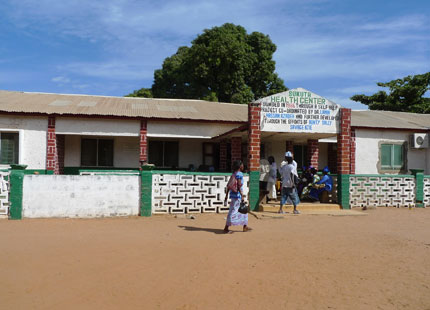
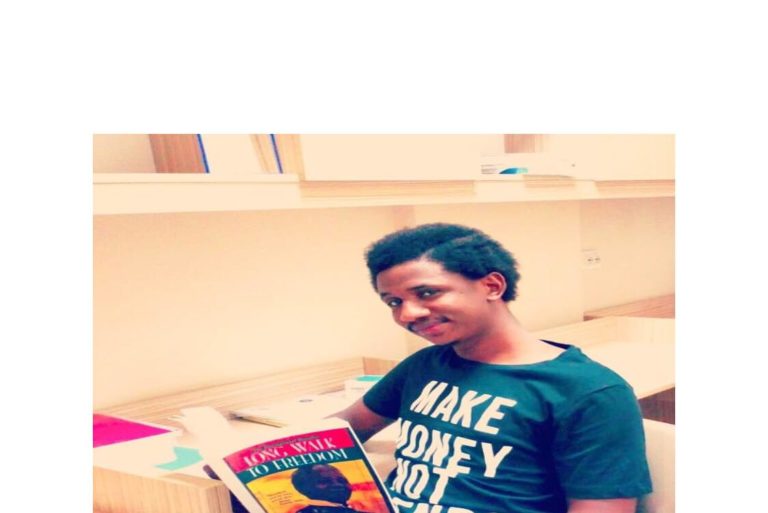

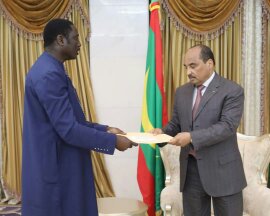
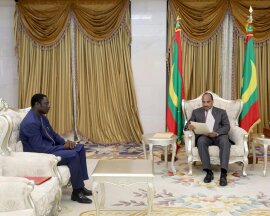
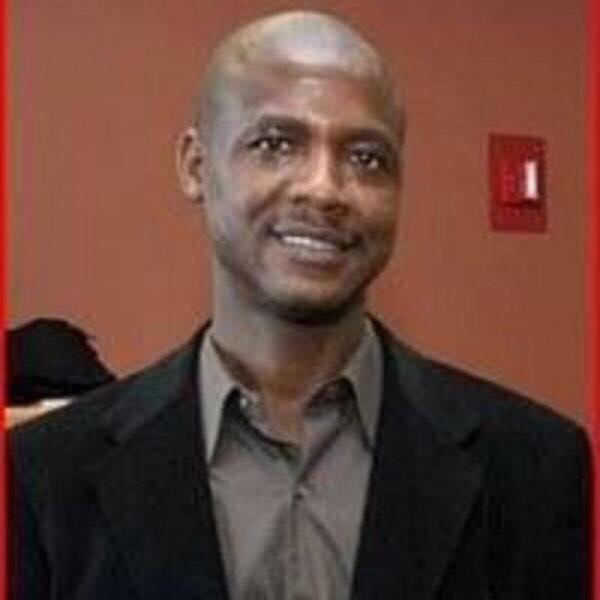
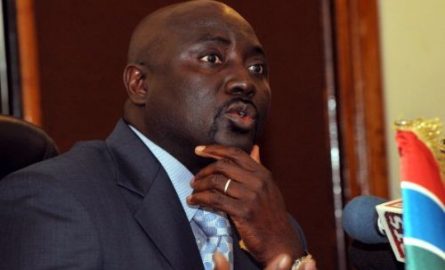

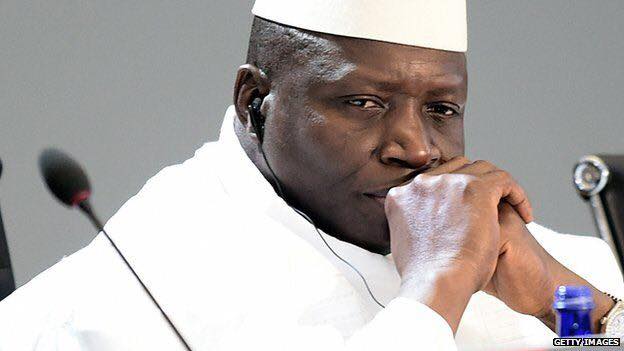
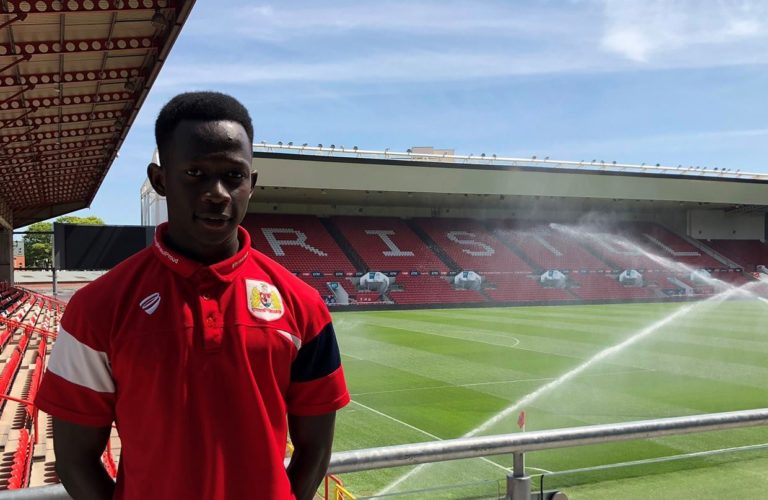

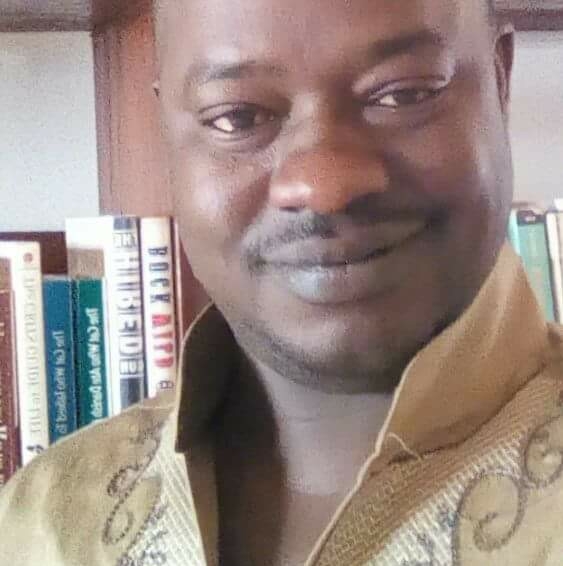
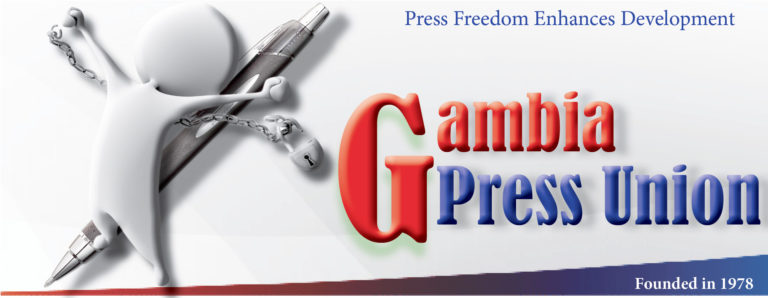
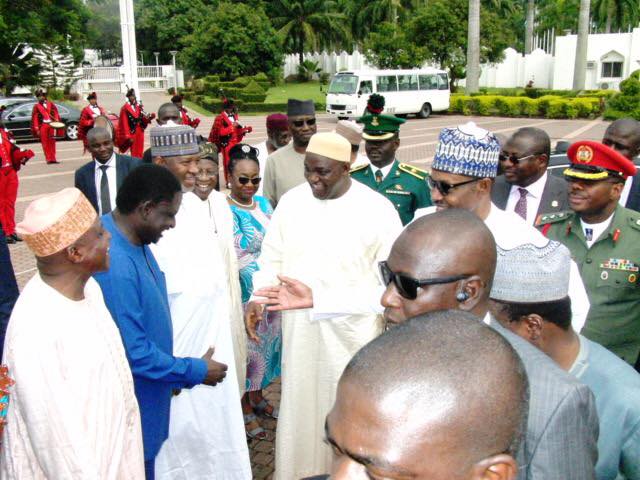

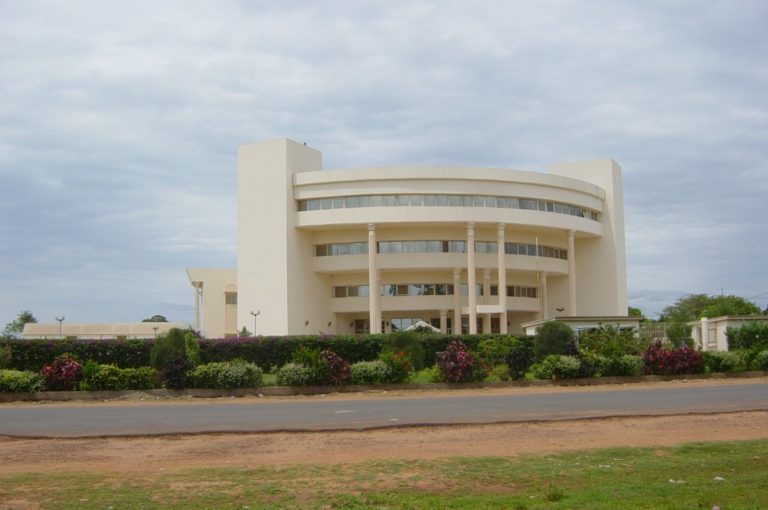
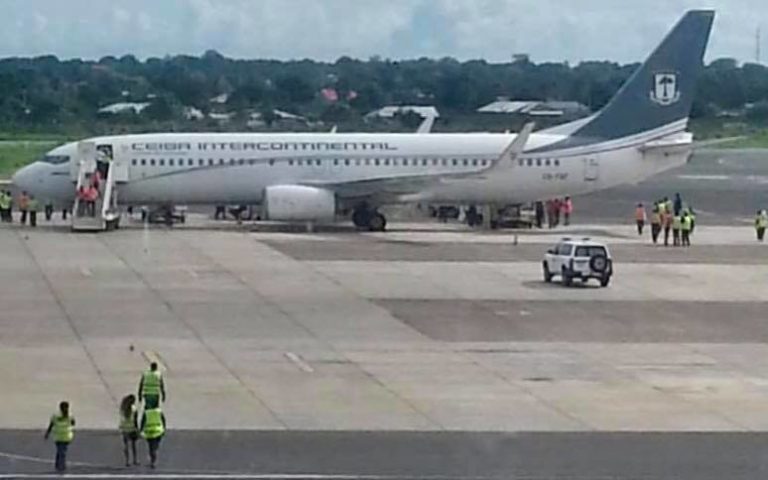
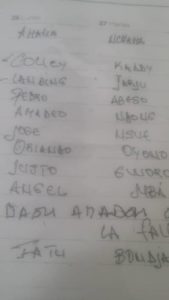
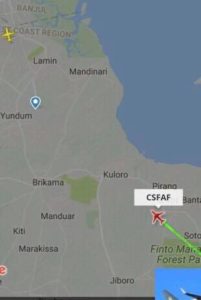
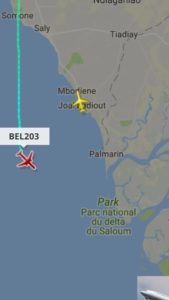
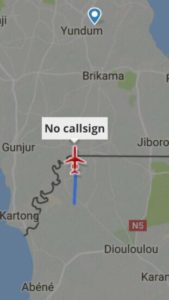
Six Prison Guards Under Police Net
Information reaching The Fatu Network has it that Police have arrested six prison guards on the recent prison break at the Jeshwang Prisons on Thursday night.
According to reports, dozens of prisoners have escaped from the state prisons who are still at large. It is said that the recent prison break is one of the biggest since after the 1981 coup.
Superintendent David Kujabi, Police Spokesperson has reliably informed The Fatu Network that six prison guards are arrested by the police in connection to the Jeshwang Prisons break.
“Five Prison Guards are arrested today plus the one who was arrested last week, making a total of six. They are arrested by the Police Anti Crime Unit,” Spokesperson Kujabi said.
The Police Spokesperson told The Fatu Network that the arrested prison guards are currently held under police custody. They are helping investigators who are digging into the matter.
“I’m not in the position to give the names of the arrested officers,” he added.
The arrested prison guards are not yet arraigned before the courts.